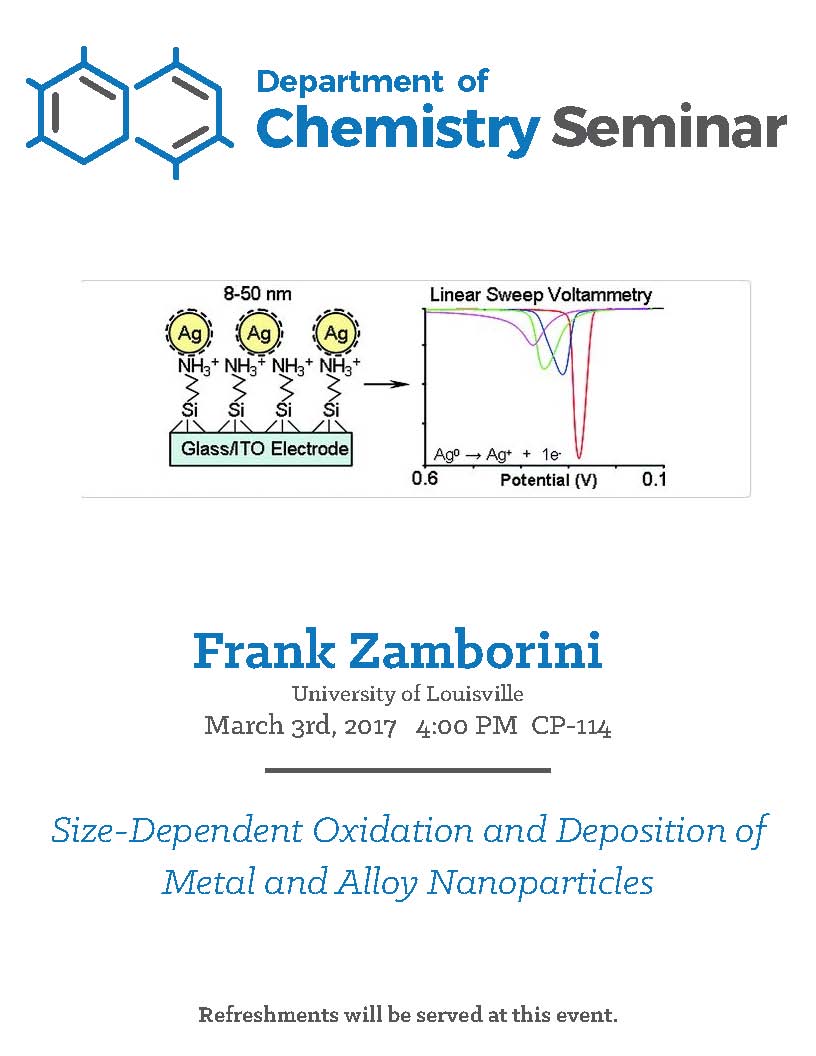Protein-carbohydrate recognition phenomena illustrated through simulation and thermodynamic calculations
Christina M. Payne, Department of Chemical and Materials Engineering, University of Kentucky, Lexington, KY
Carbohydrates are the most abundant biological molecules on Earth and play important roles in metabolism, cell wall structure, and cellular-level processes; they also happen to be one of the most structurally diverse natural substrates, constructed from a variety of chemically distinct monosaccharides and glycosidic linkages. In response to this diversity, carbohydrate-binding proteins have evolved many different structural approaches to enable recognition of complex carbohydrate substrates. Molecular simulation and free energy calculations, coupled with structural and biochemical observations, can provide extraordinary resolution of molecular-level protein-carbohydrate recognition mechanisms. In this talk, I describe two recent studies wherein we used molecular modeling to reveal the underpinnings of experimentally-observed protein-carbohydrate recognition phenomena. In the first example, we will examine the recognition mechanisms of b-sandwich carbohydrate binding modules (CBMs), a non-catalytic domain of carbohydrate-active enzymes. Counterintuitively, our results suggest these CBMs accommodate cello-oligomers in a bi-directional fashion, and the approximate structural symmetry of the substrate enables such promiscuity. In the second example, we will look at the substrate recognition mechanisms of a mammalian glycoprotein and biomarker, YKL-40, associated with chronic inflammatory diseases and a multitude of cancers. Identification of the lectin’s physiological ligand and biological function has proven experimentally difficult. Using a multifaceted computational approach, we evaluated the feasibility of binding several different polysaccharide and collagen peptide ligands; hyaluronan was revealed as the likely physiological ligand, consistent with associated in vivo expression levels. In general, our approaches reveal valuable fundamental insights into the complex solid and soluble carbohydrate substrate recognition mechanisms of biomolecules, the findings of which hold considerable promise in advancing lignocellulosic biotechnology, glycome mapping tools, and pharmaceutical antagonist design.





